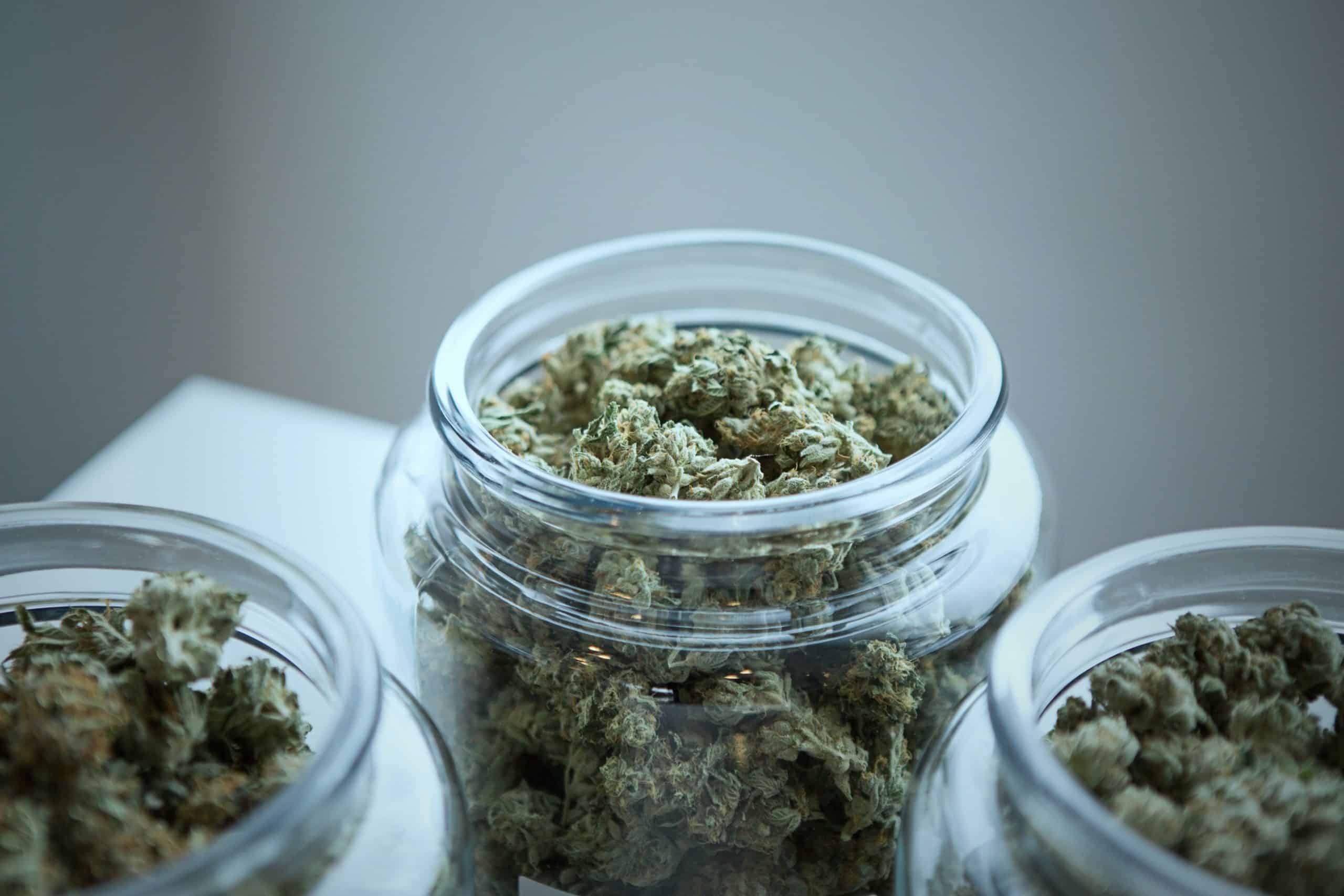We’ve all heard the claim that weed is a gateway drug, but what does the science say? In a new study, researchers reveal that this may be nothing more than an outdated myth.
The idea of weed as a gateway drug — meaning that using cannabis leads to other illicit drug use — has been around for decades. In fact, it’s one of the main arguments used by those who oppose legalisation and decriminalisation measures for cannabis. But it seems that this argument may not be as solid as one previously thought. The War on Drugs, an initiative that purports to reduce drug use in the US but actually targets people of colour for mass incarceration, promoted the idea that cannabis serves as a gateway drug in the 1970s (and still does today).
What do studies say?
The idea contends that alcohol and cannabis are “soft” drugs that are simple to obtain, especially for teenagers, and that using them will result in addiction as well as use of additional hard drugs like cocaine and heroin.
In a recent study conducted by academics from the University of California San Francisco, researchers analysed data from over 1,000 subjects between the ages of 12 and 21 living in California in 2010 and 2011. They compared their responses about marijuana usage with their reported lifetime use of other substances, such as cocaine or opioids.
The results showed overwhelmingly that there was no evidence to suggest that marijuana use led to abuse of other drugs. In fact, after controlling for factors such as age, gender and race/ethnicity, they found no correlation between marijuana use and other substance abuse at all! This suggests that instead of being a gateway drug, marijuana could even have protective effects by helping people stay away from using other substances.
Furthermore, when looking at individual drug types (such as alcohol or cocaine), researchers did not find any evidence to support the notion of marijuana being a gateway drug either. Instead, they found some indications suggesting that teenage marijuana users were less likely to use drugs like cocaine or opioids during adulthood.
Another two studies were done at The University of Colorado and The University of Minnesota. Almost 4,000 twins were examined in the study, with 40% living in Colorado, where marijuana use for recreational purposes is legal, and 60% in states without such laws (Minnesota). Using twins allowed researchers to “control for a wide range of characteristics, including age, social background, early family life, and even genetic inheritance,” according to study author John Hewitt.
Subjects were examined before and after 2014, when Colorado initially established its dispensaries. It assessed the use of cannabis, alcohol, cigarettes, and illegal drugs as well as mental health.
Legalisation does not appear to raise the risk of substance use disorders for adults who use cannabis in low doses, which made up the majority of consumers. This applied to both cannabis and other drugs. However, the study showed no link between legalisation and people’s financial, social, interpersonal, or cognitive issues. It continued by stating that risk factors, such as family history, mental health illnesses, etc., would be better targeted for prevention and intervention of cannabis usage than cannabis availability.
It’s crucial to note that the study had several limitations, such as the fact that 92% of the participants were white and that it solely focused on residents of Minnesota and Colorado. Low levels of substance use and psychosocial dysfunction were also characteristics of the participants, the report states.
Conclusion
These results are quite eye opening! Not only should they make us question the commonly held belief that weed is a gateway drug leading people down a path toward more dangerous substances; they also offer hope for those seeking treatment for addiction to drugs like opioids. By providing an alternative way of managing pain and distress — through cannabis — we may be able to provide relief without having to resort to more addictive substances like opioids or benzodiazepines.
While further research is still needed on this topic before we can draw any definitive conclusions, these initial findings are certainly encouraging — both in terms of public policy decisions on regulation and decriminalisation efforts around cannabis consumption worldwide; but also in terms of providing potential pathways for treating addictions resulting from usage of hard drugs like opioids or cocaine.

